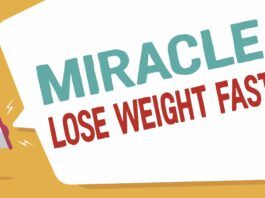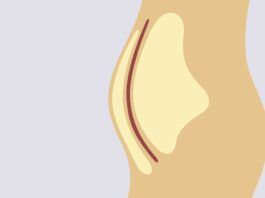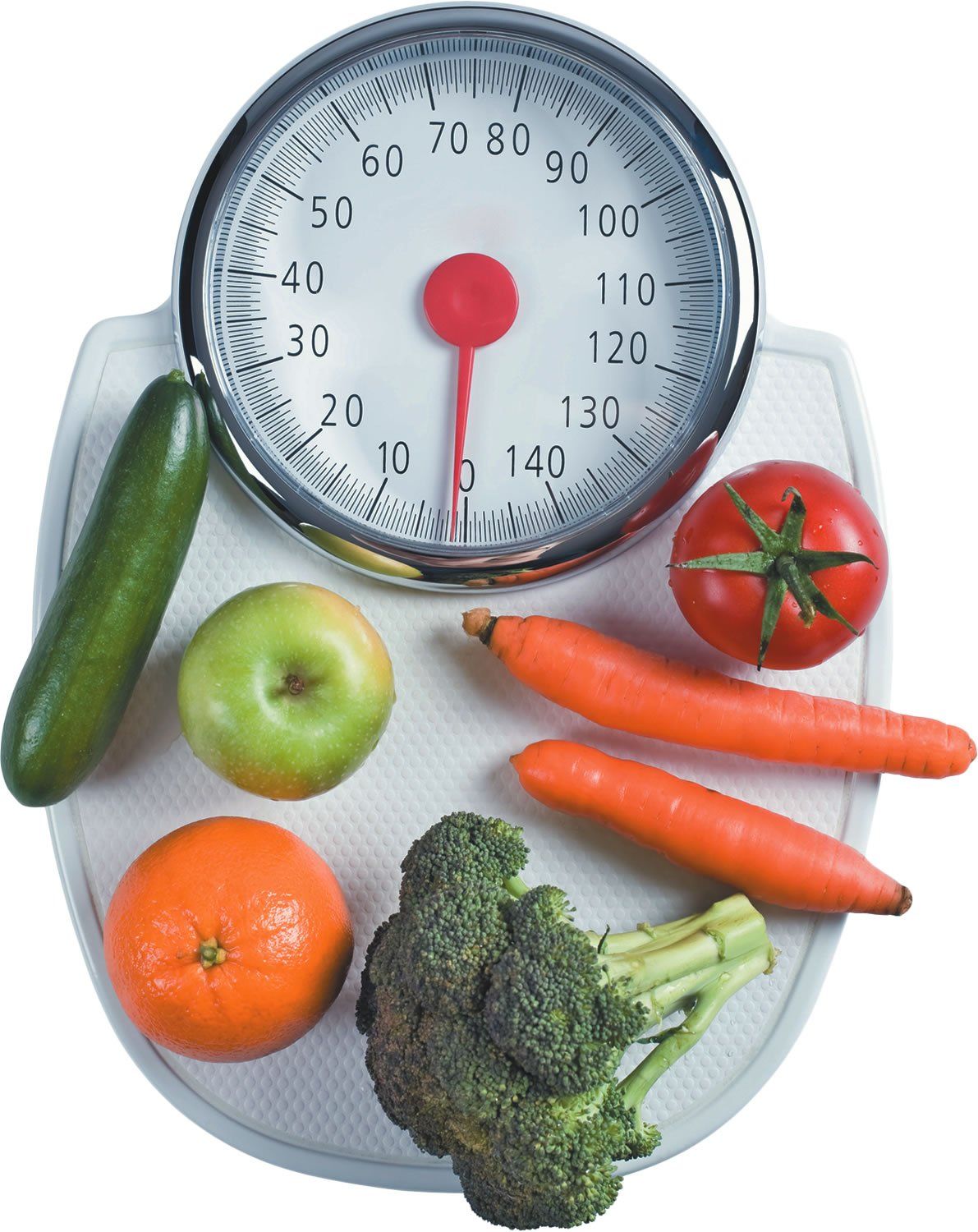How to Keep Those Resolutions
The start of a new year is traditionally a time when we resolve to make changes to our lives and lifestyles. Unfortunately, New Years resolutions are often short-lived. Weve got research-backed strategies to help you keep your 2020 resolutions!
Total Weight Loss Tied to Improved Health
When it comes to health, further research supports the notion that steadily losing weight over time (and keeping it off) is more important than losing weight quickly.
Weight Loss: No Quick Fixes
Achieving and maintaining an optimal body weight can be a challenge. For those of us who carry extra pounds that we want or need to shed, its tempting to turn to crash dieting in hopes of rapid weight loss.
The Buzz on Intermittent Fasting
Intermittent fasting is a hot topic among dieters and researchers alike. This weight loss approach is all about forgoing food and caloric beverages for periods longer than a typical overnight fast.
Debunking 6 Probiotic Myths
Some people use supplements and fermented foods containing probiotics-beneficial bacteria and yeasts-in an effort to improve health. But, is there good science behind them? Probiotic experts help clear up six common myths.
Reduce Heart Disease Deaths Through Food Price Changes
Policymakers are looking at ways to help nudge Americans to make healthier food choices. Two possible approaches: 1) raise the prices of unhealthy foods to discourage their consumption and 2) subsidize the prices of healthy foods to encourage their consumption. The payoff from either one? Lower risk of death from cardiovascular disease, says a new study.
Diet Quality May Impact Belly & Liver Fat
Eating a higher-quality diet may lead to a more favorable body fat distribution, says Gertraud Maskarinec, MD, PhD, an epidemiologist at the University of Hawaii Cancer Center, who recently coauthored a study on the topic published in the journal Obesity.
Weight Gain in Younger Adults Linked to Increased Health Risks Later
Small, gradual weight gain during early and middle adulthood may get little attention since it doesn't necessarily cause health problems in our younger years. But, it may have serious consequences later in life.
Beating Food Cravings
Do foods like cake, cookies and potato chips seem to call your name when you're on a weight-loss diet? It may help to cut out such foods completely, say the authors of a new study in the journal Obesity.
Are Chemicals Contributing to the Obesity Epidemic?
Why are more than two-thirds of adults and about one-third of kids in the US overweight or obese? Two key factors in weight control are our eating habits and physical activity levels. But, complex interactions between our genetics and environmental factors may play a role, too.



































